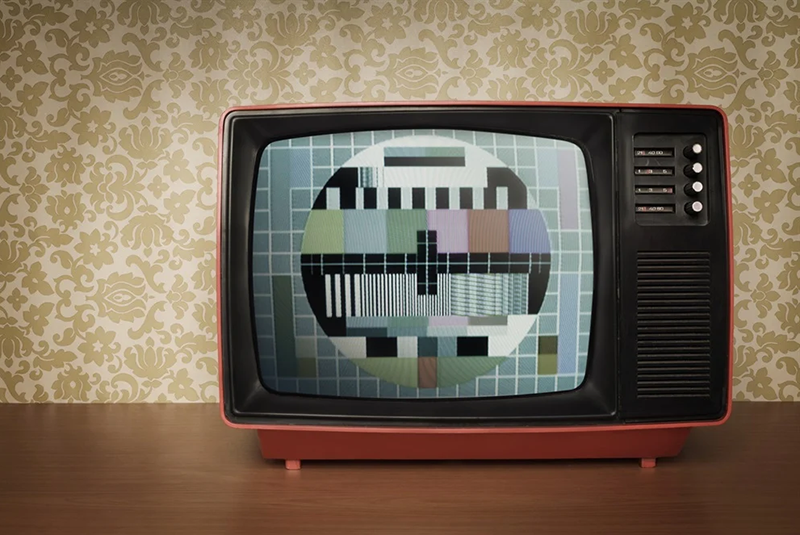The Binge-Watching Era: How Endless Episodes Are Rewiring Our Lives: PART1
- Jul 17
- 3 min read

At the risk of divulging my age, I grew up with TV opened and closed but that has since changed, dramatically. Remember when missing an episode meant... well, missing an episode? When families actually argued over the remote control and "appointment television" was a real thing? Yeah, those days are gone, long gone.
Now we live in the age of "just one more episode", probably the most dangerous four words in the English language. What started as streaming services giving us the gift of convenience has somehow turned into many of us losing entire weekends to fictional characters we care about more than our actual responsibilities.
Look, I'm not here to shame anyone. A lot of us have been there, telling ourselves we'll just watch one episode while eating dinner, only to suddenly realize it's 3 AM and we're emotionally invested in whether a fictional couple will finally get together. It happens to the best of us and it actually has a name - binge-watching.
Why Can't I Stop Watching TV Shows?
Here's the thing about binge-watching and productivity: it's not just about the time we spend watching (though let's be honest, 2.8 hours a day is the average, and many of us are way above that). It's about how our brains get hijacked by really smart people who know exactly what they're doing.
Those streaming engineers? They're not just making TV shows auto-play for fun. They've got teams of people whose entire job is figuring out how to keep you watching. The autoplay feature, those cliffhangers, the way they remove natural stopping points - it's all designed to override your brain's ability to say "okay, I'm done." One of them have out right said that their biggest competitor is SLEEP. (sad smiley face).
What Is Behavioral Momentum in Streaming?
Then there's this thing researchers call "cognitive leakage." Fancy term for when you're supposed to be working but part of your brain is still thinking about whether that character is going to survive the season finale. Your mind stays partially occupied with these fictional storylines even when you're trying to focus on real life. It's like having a browser tab open in your head that you can't close.
Is Binge Watching Ruining My Sleep?
Let me guess! You've definitely said "just one more episode" at midnight and then wondered why you felt horrible the next day. The blue light from screens messing with your sleep is old news by now, but the real culprit is often the content itself.
Think about it: you're watching people fall in love, get murdered, solve crimes, fight dragons, or navigate complex family drama. Your brain doesn't really distinguish between fictional stress and real stress, so you're lying in bed with your heart racing about whether two fictional characters will work out their relationship issues.
Why Do I Feel Wired After Watching TV?
Studies show that people who binge-watch are almost twice as likely to have crappy sleep. Not just because they're staying up late, but because their brains are still buzzing with all that artificial stimulation. Some people even report dreaming about the shows they've been watching. Your brain's trying to process all this emotional content while you're supposed to be recharging. It is no shock when you wake up tired instead of rested.
Just listen/read and DO NOT JUDGE! There was a season I was dreaming of being a cartoon trying to fly but failing miserably because my powers had finished without notice. I will not speak about my emotional state when I woke up.
If you're recognizing yourself in this article and want personalized support in creating a healthier relationship with streaming, I offer Digital Wellness Sessions where we work together to find balance that fits your life. No judgment, just practical strategies that actually work.





Comments